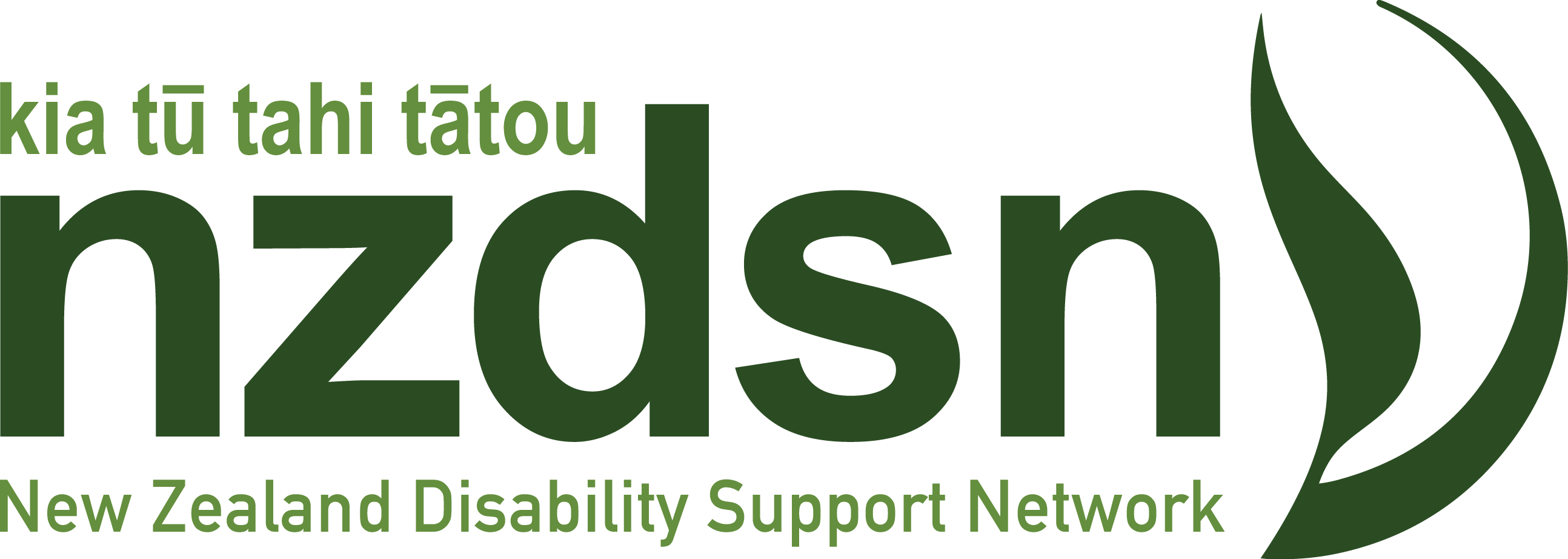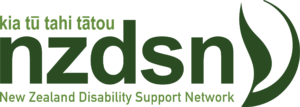Antivirals – 0800 disability helpline – face masks – PPE – useful links
Kia ora,
Recent monitoring from the Manatū Hauora – Ministry of Health shows that cases of COVID-19 have been increasing over recent weeks.
We acknowledge the ongoing challenges that COVID-19 continues to place on providers and we thank you for your continued support.
The safety of disabled people and tāngata whaikaha Māori is our top priority and we are closely monitoring developments.
This email provides an overview of the COVID-19 support, guidance and assistance relevant to disability providers, and to disabled people and tāngata whaikaha Māori you support.
Antiviral medicines
Information on antiviral medicines is available in alternate formats. Please share this information with those you support who may benefit from these medicines.
Alternate formats | Unite against COVID-19 (covid19.govt.nz)
COVID-19 antiviral medicines can help if someone is at risk of becoming very sick with COVID-19. They reduce the amount of virus in the body to reduce the chance of getting sick enough to require hospital treatment.
Antiviral medicines must be started within 5 days of becoming sick with COVID-19. Have RATs on hand to test if someone is sick.
Eligibility for free COVID-19 antiviral medicines can be found on COVID19.health.nz or by talking to the person’s healthcare provider. https://covid19.health.nz/advice/i-have-covid-19/medicines-treat-covid-19
To find the nearest pharmacy that supplies antiviral medicine/rongoa use the online map. Some clinics do not require a prescription.
0800 Disability Helpline
Providers are encouraged to raise awareness of the dedicated COVID-19 disability helpline, which is available 24 hours a day, 7 days a week:
Please share this Facebook post with your networks: Facebook – disability helpline UAC
The COVID-19 disability helpline can provide assistance with vaccines, applying for face mask exemptions, advice on COVID-19 testing, and guidance with managing COVID-19 at home. This includes if your support worker or carer is unavailable. Call 0800 11 12 13. If you are unable to call, you can text them on 8988.
HCSS providers are encouraged to let your call co-ordinators know that they may get a call from the Healthline/Whakarongorau team to check what arrangements are being made to provide replacement care. This is to ensure that your service is aware of the missed care and to reassure the caller that assistance is on the way.
If urgent support is required, and no carer is available, Whakarongorau will divert the call to a Healthline clinician to re-assess and determine if an ambulance or intervention is required to respond to the person’s urgent needs.
Whakarongorau always encourages disabled people to contact their service provider first.
If you haven’t done so recently, we recommend that you contact the people you support and provide your customer contact number and hours.
If you would like to do so you can also advise them that:
- Whakarongorau/Healthline provide an emergency back-up service – call 0800 11 12 13
- As always, if there is an emergency, and there is a threat to life or property, call 111 immediately.
Face mask requirements
See the Ministry of Health and Unite against Covid website for the latest information:
- COVID-19: Use of face masks in the community | Ministry of Health NZ
- Wearing a face mask | Unite against COVID-19 (covid19.govt.nz)
Wearing face masks help prevent the spread of infections like COVID-19 and the flu.
Anyone who visits a healthcare setting (including disability support services and disability-related residential care) but are not a patient nor healthcare worker, must wear a mask.
It is also good practice to continue to wear masks, particularly in places where disabled people are likely to access as part of daily living.
We strongly encourage disability support staff to continue to wear face masks in disability residential care settings, group homes and residences they visit. People can also ask their support workers to wear a mask when they come into their home. We expect providers to accommodate these requests.
Mask exemptions may still be in place for locations where people are required by law to wear face masks.
Disability providers are classified as “Persons Conducting a Business of Undertaking” (PCBUs). Under the Health and Safety at Work Act 2015 PCBUs have fundamental responsibilities. These are:
- the PCBU must ensure that health and safety of its workers while at work, and while carrying out the work.
- the PCBU must also ensure that the health and safety of others are not put at risk by that work.
- if there is a risk, it must eliminate that risk, or if it is unable to do so, minimise that risk.
These responsibilities mean that any existing infection protection controls (IPC) should stay in place for disability services.
| NOTE from NZDSN: You should include COVID-19 and Flu (along with any other viral outbreak) in your Hazard and Risk Management Plan as a hazard. Then list the risks that the hazard may create, such as: that disabled people may catch a virus from infected staffthat staff may catch a virus from infected disabled people or their families/whanau. Then add the strategies you can use to minimise these risks that work best for your service. They may include the requirement for front-line staff to be vaccinated; to wear face masks or other PPE, etc. You can consider the type of service, how it is delivered, and any other unique aspects to your service in thinking about how each risk is managed/minimised. Having COVID in your hazard and risk plan helps you to manage incidents as they arise and demonstrates to the powers that you are fulfilling your responsibilities under the Health and Safety at Work Act. |
More information on how workplaces can manage COVID-19 including risk assessment under the Health and Safety at Work Act 2015.
Order RATs and Masks for summer
Te Whatu Ora wants to ensure disability organisations and community groups have access to a good supply of RATs and masks over the holiday period.
Please note:
- Organisations with PPE portal access should continue to order RATs and PPE through their normal systems.
- If your organisation would benefit from a supply of RATs and Masks, please email COVID.HealthSupplyChain@health.govt.nz.
- Bulk orders (by the pallet) will need to be received by 30 November. If you do not have capability and capacity to receive pallets, email COVID.HealthSupplyChain@health.govt.nz and they can direct you to a larger community provider in your region to support your request.
- Community groups and organisations do not need to be receiving disability funded supports to apply.
- Providers are encouraged to check in with people they support to see if they need help to access additional masks or RATs.
Personal protective equipment
Information on PPE and the supply of PPE from the Te Whatu Ora’s Central Supply to health care workers contributing to the COVID-19 response.
Useful links
The Unite against COVID-19 website has a page dedicated to support and information for disabled people. The website also includes information in alternate formats.
Information for tāngata whaikaha Māori including social media videos, posters and factsheets.
Information for disability providers
- Infection prevention and control recommendations for health and disability care workers | Ministry of Health NZ
- Disability community residential care providers | Ministry of Health NZ
- Disability community non-residential care providers | Ministry of Health NZ
Weekly COVID-19 Trends and Insights Reports and Media Updates are published on the Manatū Hauora – Ministry of Health website.
- COVID-19 Trends and Insights | Ministry of Health NZ
- COVID-19 media update, 16 November 2022 | Ministry of Health NZ
Download the COVID-19 Awhina app and subscribe to COVID-19 key messages
- COVID-19: Āwhina app | Ministry of Health NZ
- COVID-19 health key messages newsletter | Ministry of Health NZ
The COVID-19 Resource Toolkit is a central hub for all New Zealand Government – Unite against COVID-19 branded assets and resources. These resources support New Zealanders to keep each other safe from COVID-19. Explore the toolkit here:
Order free COVID-19 collateral for businesses, communities and events
Health Navigator includes trusted resources on how to manage COVID-19 including symptom diaries, whānau plans, essential items and looking after mental wellbeing.
Ngā manaakitangaWhaikaha – Ministry of Disabled People

